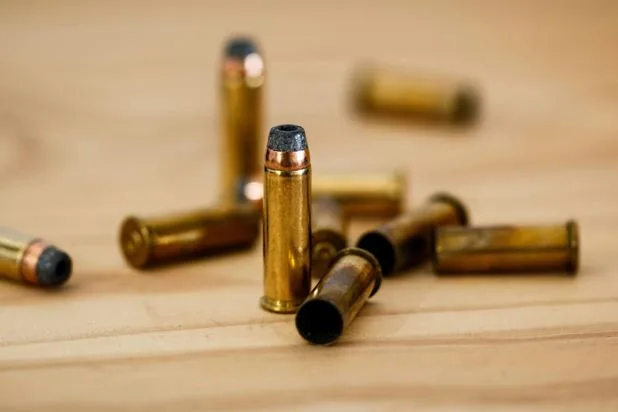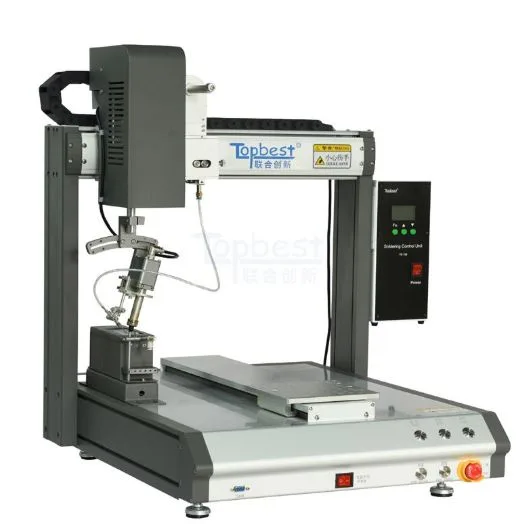Top Ammunition Types for Concealed Carry
When you decide to carry a firearm for personal protection, the gun itself isn’t the only choice you’ll have to make. The type of ammunition you load into it matters just as much. Walk into a sporting goods store, and you’ll see shelves filled with different calibers, bullet weights, and labels like “hollow point” or “+P.” If you’re new to carrying, it can feel confusing. Even experienced shooters sometimes wonder if they’re making the best choice.
The truth is, there isn’t a single “perfect” round for everyone. What works well for one person may not be the best fit for another. Choosing ammunition for concealed carry is about balancing power, safety, and control. This article breaks down the most common options and explains why the right decision can make all the difference.
Balancing Ammunition with Broader Self-Defense Tools
While ammunition choice is a core part of responsible concealed carry, it’s important to understand it within the bigger picture of personal protection. Firearms aren’t the only tools available, and in some situations, non lethal defense options such as pepper spray or stun devices may be safer and more appropriate. These alternatives can stop a threat without escalating to deadly force.
That said, when you carry a firearm, you need ammunition you can count on. The remainder of this article focuses on ammunition types designed for defensive use—rounds that give you confidence, reliability, and peace of mind when carrying every day.
Hollow Points: The Defensive Standard
Many gun owners view hollow points as the top choice for concealed carry. Unlike standard rounds, they feature an open tip that allows the bullet to expand once it hits a target. The expansion creates a larger wound channel and slows the bullet down, reducing the likelihood of it passing through the target and endangering others.
The advantages are clear:
- Strong stopping power.
- Reduced risk of over-penetration.
- Available in all major calibers, including 9mm, .40 S&W, and .45 ACP.
For many concealed carriers, hollow points provide the balance they’re looking for—effective defense paired with a measure of safety for bystanders.
Full Metal Jacket (FMJ): Range Ammo, Not Carry Ammo
Full Metal Jacket ammunition, or FMJ, features a soft lead core surrounded by a harder metal jacket. These rounds are affordable, easy to find, and ideal for practice at the range. Their smooth feeding also makes them reliable in most firearms.
But for defensive purposes, FMJ is less than ideal. These rounds don’t expand, which means they penetrate deeply and can pass through a target. In a real-world encounter, that level of penetration poses risks to anyone behind the threat.
Because of this, FMJ is best left for training sessions. It’s the economical choice for practice but not the smartest option for everyday carry.
+P and +P+ Rounds: More Power in the Same Package
Some defensive ammunition comes labeled as +P or +P+. These designations mean the rounds are loaded at higher pressures than standard ammunition. The benefit is extra velocity and greater stopping power, which can be especially useful in smaller calibers.
Of course, there are trade-offs. Higher pressure often means sharper recoil, and not every handgun is designed to handle it. Using +P or +P+ in a firearm that isn’t rated for it can cause damage and pose safety risks. Always check your gun’s manual before carrying these rounds.
For shooters comfortable with the added recoil and using firearms built to handle them, +P ammo can provide an edge. But it’s not necessary for everyone.
Frangible and Specialty Rounds
Frangible ammunition is designed to break apart on impact, reducing the chance of ricochet or over-penetration. These rounds are often used in training environments with close-range steel targets or shoot houses. Some carriers choose them for defense, especially in places where minimizing risk to bystanders is a priority.
There are also other specialty designs marketed as defensive rounds, such as polymer-tipped bullets or defensive ball ammo. While these can serve specific purposes, they tend to be less available and more expensive than standard hollow points.
For most people, these rounds are worth exploring but not essential. Hollow points remain the more practical everyday choice.
Practical Factors for Choosing Concealed Carry Ammo
No matter what type of ammunition you prefer, there are a few universal factors to consider before settling on your carry rounds:
- Reliability: Some firearms simply feed certain brands better than others. Test to see which rounds your gun cycles most smoothly.
- Recoil comfort: Ammunition that’s too powerful for you to handle confidently isn’t the right choice.
- Legal restrictions: A few states regulate what ammo can be carried. Always check your local laws.
- Availability and cost: The best ammo is one you can both afford and consistently find.
Practicality matters as much as performance. If you can’t train with the rounds you carry, you won’t be fully prepared.
Training With the Ammo You Carry
It’s not enough to simply buy a box of defensive ammunition and load it into your firearm. You need to train with it. Practice ensures you know how it performs in your specific gun, under your control.
Here are a few tips:
- Run several magazines of your chosen carry ammo through your firearm to confirm reliability.
- Pay attention to recoil and make sure you can shoot accurately with follow-up shots.
- Incorporate your defensive rounds into your regular practice, not just range ammo.
Yes, defensive ammunition costs more than FMJ, but training with it builds confidence. In a high-stress moment, that confidence is invaluable.
Selecting the right ammunition for concealed carry is a decision that deserves thought. From hollow points to +P rounds to specialized options, each type has its own strengths and weaknesses. For most carriers, hollow points remain the trusted standard, with FMJ left for training. Specialty rounds can serve unique needs, but aren’t necessary for everyone.
At the end of the day, the best ammunition is the one that works reliably in your firearm, fits your comfort level, and allows you to carry with confidence. Combine smart choices with consistent practice, and you’ll be prepared to use your firearm responsibly and effectively if the need ever arises.



